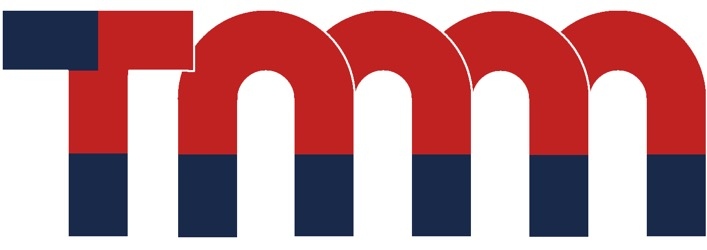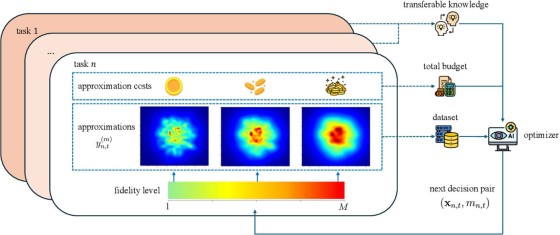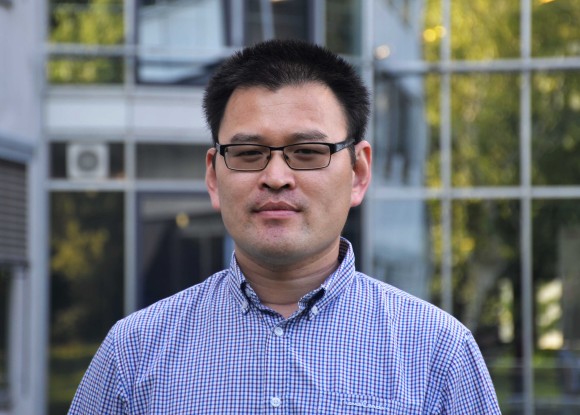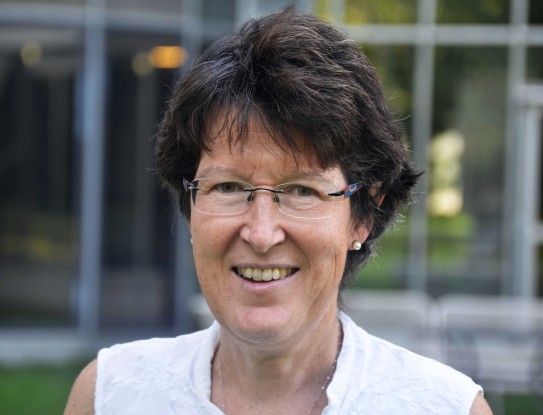Implementation of Multi-Fidelity Bayesian Optimization with Consideration of Costs
Research Group Theory of Magnetic Materials (TMM)
Advanced Research Lab, Master Thesis
Optimizing the performance and parameters of complex systems is a challenging task in modern engineering and scientific research, especially when data acquisition is costly or of variable quality. Traditional single-fidelity optimization methods tend to ignore the value of low-cost, low- fidelity data that may be obtained in real-world applications and rely directly on high-cost, high- fidelity data, which not only increases the financial burden of the study, but may also lengthen the research period. Multi-fidelity Bayesian optimization (MFBO) is capable of integrating data with different fidelity (i.e., varying accuracy and cost) to improve the efficiency and reduce the total cost of the optimization process.
The aim of this study is to implement a multi-fidelity Bayesian optimization framework that takes into account the cost of data to improve the optimization performance under resource-constrained conditions. We will first assess the impact of each level of data on the optimization objective by constructing a hierarchical model of fidelity containing different data costs. Then, a suitable surrogate model is selected based on the literature review to integrate these data with different fidelity levels, and a Bayesian optimization algorithm is used for global optimization.
It is expected that an efficient multi-fidelity Bayesian optimization algorithm can be developed in this study and be implemented into the upcoming Bayesian optimization library to be released by the TMM group.
Candidates are expected to have a good foundation in mathematics, be familiar with the Python programming language, and have at least a basic understanding of machine learning and materials science. Through the research in this project, the candidate will gain insight into real-world
problems in Bayesian optimization, machine learning and materials science, gaining valuable experience for future studies or positions in industry.
Please write Prof. Hongbin Zhang (Email: hzhang@tmm.tu-darmstadt.de) if you are interested.





